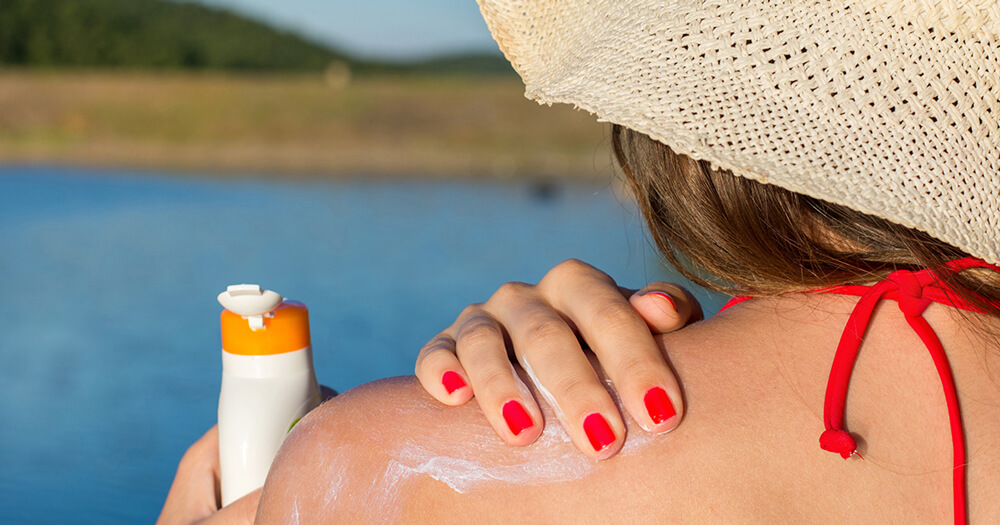While enjoying the sun and beach activities, it’s important to take precautions to ensure safe and healthy tanning. Here are some guidelines to follow:
- Time your sun exposure: It’s best to tan during the early morning (before 10 am) or late afternoon (after 5 pm) when the sun’s rays are less intense. Avoid prolonged exposure during peak hours when the sun is strongest.
- Wear protective accessories: Protect your skin, face, and eyes by wearing a high-brimmed hat and sunglasses. This helps shield your skin from direct sunlight and prevents dryness and wrinkles.
- Stay active: Engage in activities like beach volleyball or swimming, as movement increases blood circulation and body metabolism, which can lead to a more even and rapid tan.
- Hydrate: Drink plenty of mineral water while being in the sun to stay hydrated and compensate for fluid loss through sweating.
- Use after-sun products: After tanning, apply a designated after-sun gel or lotion to soothe and moisturize the skin. Look for products specifically labeled “after sunburn” to help cool and nourish the skin.
- Avoid heavy meals: It’s advisable not to eat heavily spiced or abundant meals immediately after tanning. The body is already heated from sun exposure, and heavy meals may further strain the digestive system.
- Don’t rely on existing tan for protection: Even if you already have a tan, it doesn’t mean your skin is immune to burns. Continue to take precautions and use sun protection measures.
- Treat sunburns properly: In case of sunburn, avoid using colognes or vegetable oil for a better tan. Instead, cool the affected skin and apply gel preparations designed to relieve burning and promote healing.
- Be cautious with air conditioning: Avoid sitting for extended periods under air conditioning in extremely low temperatures compared to the outdoor heat. Rapid temperature changes can potentially lead to conditions like angina.
- Remember the risks of premature aging: Protect your skin from the ultraviolet (UV) part of sunlight to prevent premature aging. Use sunscreen, seek shade, and wear protective clothing to minimize UV exposure.
When enjoying beach resorts in hot climates like the Maldives, it’s crucial to take additional precautions to avoid heat stroke:
- Wear lightweight, breathable clothing made of natural fibers.
- Stay hydrated by drinking plenty of fluids, preferably water.
- Seek shade or cool areas during the hottest parts of the day.
- If someone experiences symptoms of heat stroke (weakness, dizziness, nausea, headache, etc.), move them to a cool place, elevate their head, and remove restrictive clothing.
- Offer cold drinks and apply cool compresses to their head. Cooling the body with water or wet towels can help lower the body temperature.
- In severe cases, seek medical help and consider artificial respiration or closed heart massage if necessary.
While enjoying the beach and sea, many people also visit the Maldives for its healing properties. Sea waters have been found to have beneficial effects on health, but it’s important to follow safety guidelines and consult with medical professionals if seeking specific treatments or therapies.


